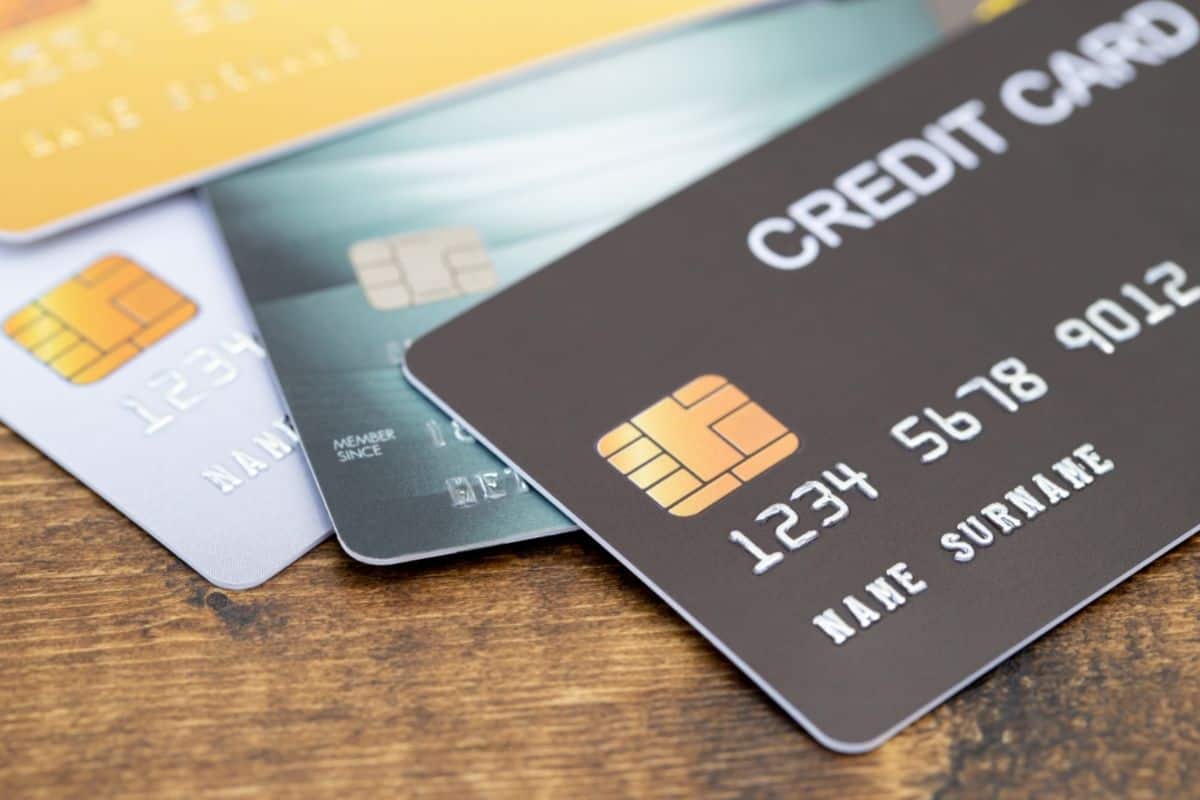Most of our spending in the modern age is done with actually having physical money.
Back in the day, people walked around with cash in their pockets and if you needed some money, you’d have to make your way down to the bank and withdraw some.
In the modern day, we have ATMs when we need physical cash, but with contactless payments and online shopping, when has there been a point in modern times when that is necessary? No, today everything is digital and this has streamlined the process of not only using your cash, but how you borrow money as well.
You can get loans, make deposits, and even make credit card payments without ever seeing another human being.
Here in, as they would say, lies the rub. Credit cards are still relatively new, but, due to the influence of the internet, what they can do and information about them is constantly expanding and with all the information on it flying around, it can be hard to understand what you can and can’t do, even with your cards and money.
One of the most commonly asked questions about credit cards is whether you can use them to pay off other credit cards.
Well, can you? Here we seek to answer this question to give you peace of mind around your money.
Table of contents
What is a credit card?
A credit card is a form of payment that allows you to spend money you don’t yet own.
The idea behind it is that you will pay interest on the amount you borrow for a certain period of time.
This means that you’ll be paying more than just the actual cost of the item or service, because now you’ve also got to pay back the amount you borrowed plus interest, which is why many people call credit cards ‘interest-bearing’ or ‘high interest’.
Let’s say you have a credit card with a 2% interest on it with a monthly payback built in.
When you go over your balance and so are using the credit on the card, you will need to pay back the amount you borrowed plus 2% by the end of the month.
This allows you to make purchases at the moment that would otherwise be unavailable to you.
How does a credit card work?
So how exactly does a credit card work, then? In the simplest terms, you’re borrowing from your bank, so you can buy something.
Once you’ve made the purchase, you have a set amount of time to pay back the money that you borrowed.
People pay this back by using other accounts they have money in, physically going to an ATM and depositing money into the credit account, or waiting for payday and paying it back then.
You then put the money into the credit account to pay back the loan. It’s quite simple really!
The reason you might want to use a credit card is that unlike debit cards, which require you to take out a fixed sum of money every month, with a credit card you can borrow up to whatever limit you choose – usually between $1000 and $5000.
So if you think about it, by buying things with a credit card, you’re essentially getting free money for a certain period of time.
However, be warned banks will come looking for their money eventually.
The time limit on credit can be monthly, yearly, or even 5 years in the future, but eventually you have to pay back what you borrowed.
Every one of these credit schemes also has added interest, meaning you will have to pay back a percentage on top of the amount you originally borrowed.
The least punishing of these interest amounts is within the monthly repayment agreements, because it is typically a small amount borrowed, but when it gets to the yearly interest it becomes huge amounts, so be careful.
Can you pay off a credit card with a credit card?

You may ask: “If I can use my credit card to buy things, can I use it to pay off another credit card?”
Well, no one told you not to do it, did they? If you have multiple credit cards, then you could theoretically use any one of them to clear off another one.
But there are some issues here that you should be aware of.
Firstly, you’re effectively using your credit card as cash to pay off another credit.
However, since you haven’t actually paid for anything yet, you won’t get any reward points or cashback vouchers for doing this (at least not at first).
Also, while you’re paying off the second card, the first one will still be accruing interest on its outstanding debt.
It should be noted that this is all theoretical, as the reality is very different.
Credit card companies will not allow you to pay off credit, debt, interest, or overdrafts with another credit card.
There is a good reason for this, as it has been done before. People in massive debt will pay off credit cards with other credit cards and never once pay back the debt they own.
They will just keep paying with other credit cards going round in a loop, and the banks or card companies will never recoup any of their losses.
From a business perspective, this would be disastrous and while you can’t really fault people of the past for finding this little loophole, their constant use of it has meant there have been additional rules put in place, so credit cards can’t be used to clear other forms of debt.
In reality, the only way to ‘clear’ a credit card is to either pay it off completely or transfer all the outstanding debt onto a new card.
As long as you don’t close your current account and start again, you’ll keep getting bills until the old debt is cleared.
Is it possible to consolidate credit cards?
Yes, but it’s very hard to find information on it online. Most people who try to do this end up having to pay more than they wanted to.
One thing to note though – although consolidation sounds like a good idea, most of the time it doesn’t help.
Consolidation simply means putting all of your debts under one umbrella, usually a higher rate interest credit card or two credit cards.
It seems simple enough, but in practice it isn’t. You now have to manage two accounts, which makes the whole process much harder, especially if you are already struggling to handle multiple accounts.
This is where the real problems begin.
Now, your concern is compounded by the fact that those two accounts aren’t always easy to compare against each other.
They may have slightly different terms, and the rates can vary between them.
You need to make sure you know exactly how much each charges you, and how many payments you need to make per month.
Then you’ll be able to see where you stand, both financially and personally.
Also, remember that consolidating your debt into one large payment does not mean you stop accruing interest.
In fact, by doing this, you are simply extending the length of time it takes to pay off your debt.
After all, if you want to pay off $1000 over three years, you’d have to pay $28 per month.
If your account’s total interest was 2% originally, this would be $48 every month (2% of 1000 = 20 + 28). However, when you consolidate all your accounts into one, the interest will probably go up and become – let’s say – 6%, and you would have to pay back $88 a month (6% of 1000 = 60 + 28). That’s a big difference!
Conclusion
So, no, in the modern day, you cannot pay off a credit card with another credit card.
The best thing to do is to manage your finances tightly and work out a payment plan to pay back the debt, or go to a financial advisor and see if they will help.
Frequently Asked Questions
No, you cannot use a credit card to pay other credit card bills. However, credit cards often have options like cash advance or balance transfer that give you access to “cash” funds. If you are short on money to pay your bills, you can use these funds to pay off your balance.
Contact the new credit card company to do the balance transfer. The best way to transfer a credit card balance is by contacting the new credit card company with the balance transfer request. You can typically do a balance transfer over the phone or online.
You may see a positive impact on your credit score if you transfer your balance to a single new card and take action to reduce your debt balances. But if you constantly open new credit cards and transfer balances, your credit score can actually drop.
